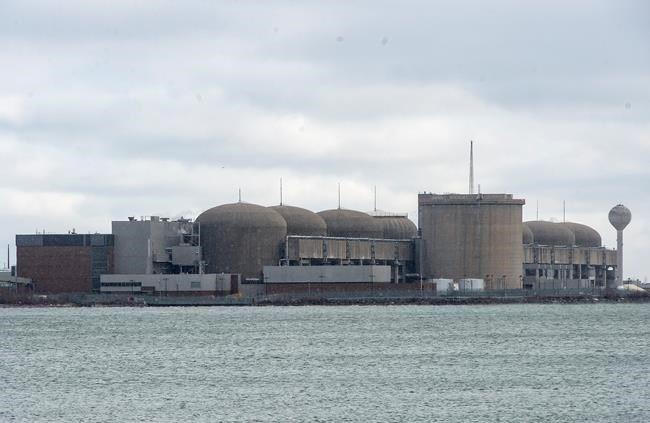The federal government has announced an action plan called Building Canada’s Clean Future that it hopes will speed up development for major projects—especially those involving renewable energy.
“Its purpose is to cut red tape, to cut duplication, and to maintain environmental integrity so that we take advantage of some historic energy investment opportunities that are before us, so we can get stuff built faster,” federal Labour Minister Seamus O’Regan told a news conference on June 20.





